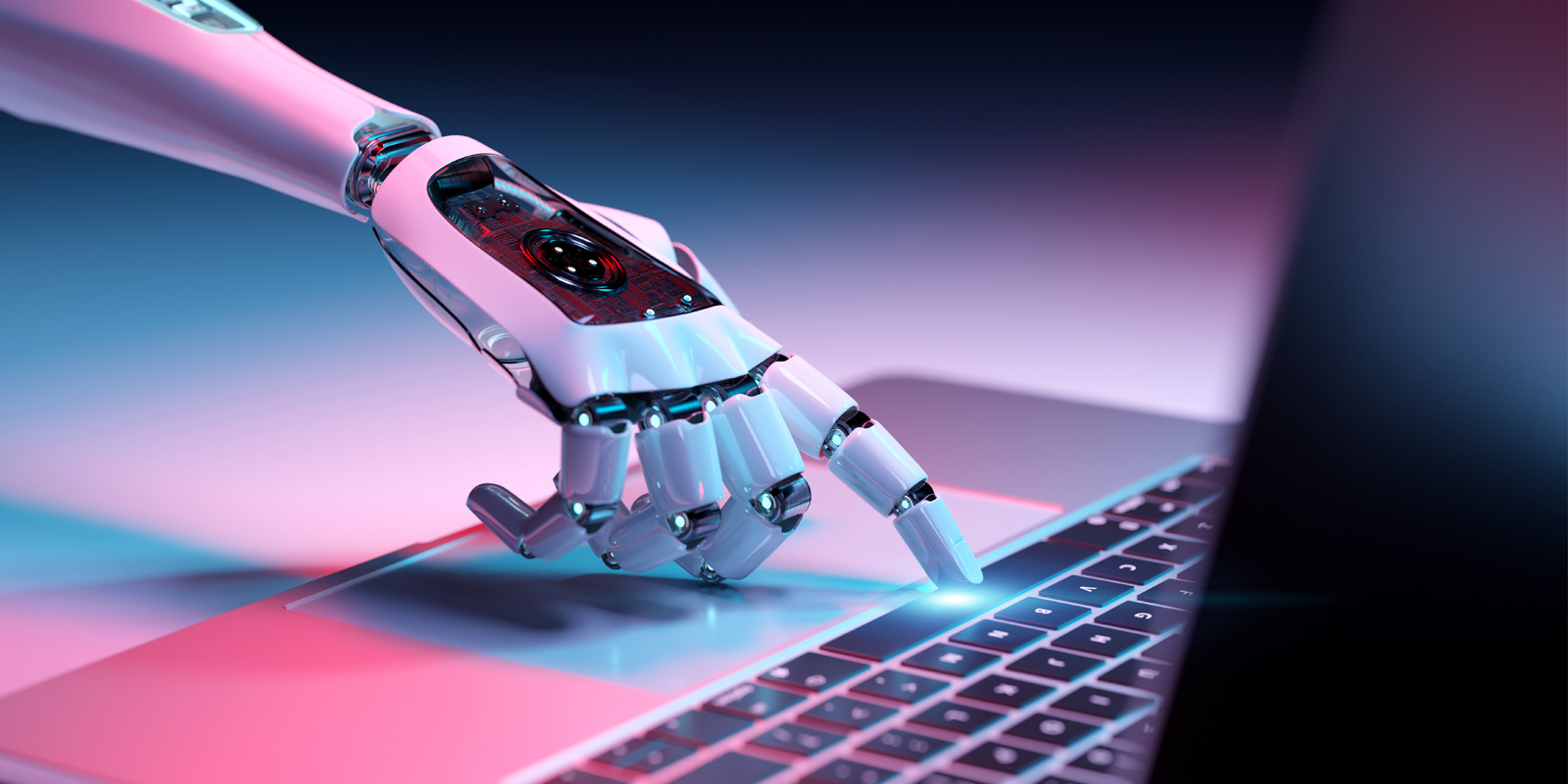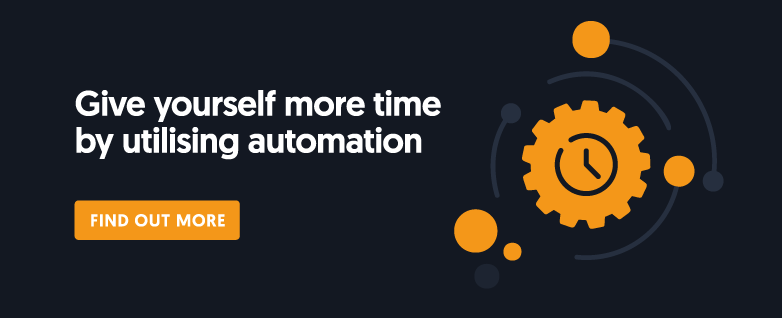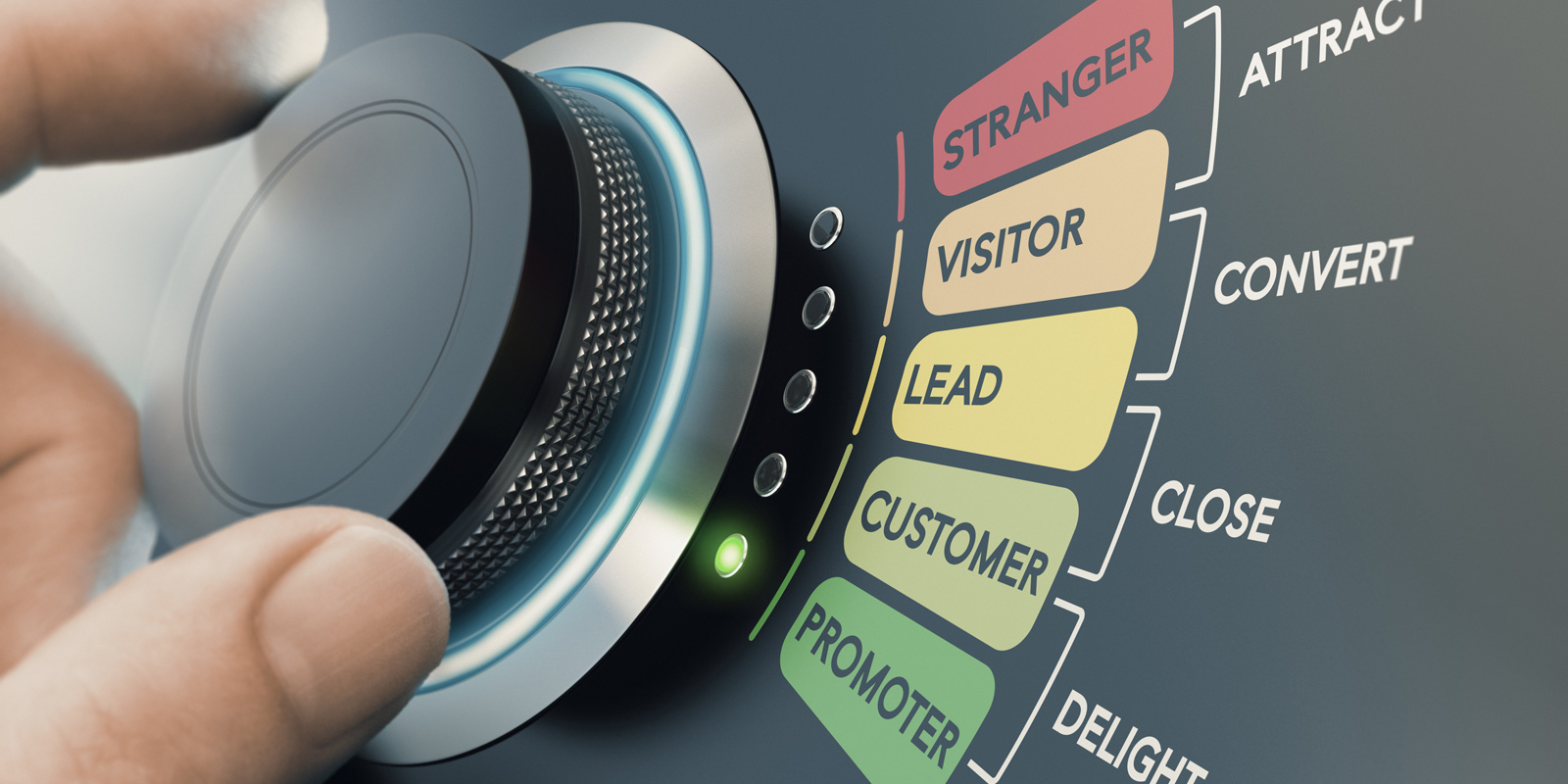Artificial intelligence (AI) has become a major driving force behind technological advancements in various industries. In the realm of content creation, AI is changing the way we produce, distribute, and consume content. From music and movies to books and articles, AI is influencing every aspect of content creation.
One of the most significant impacts of AI on content creation is the improvement of the production process.
AI algorithms can assist content creators in various tasks such as:
- Writing
- Editing
- Design
For example, AI-powered writing tools can automatically generate articles and news stories based on structured data and analytics. These tools can also help with proofreading and suggest edits to improve grammar, syntax, and tone. Similarly, AI-powered design tools can generate graphics and images that are both aesthetically pleasing and optimised for various platforms.
Another aspect of content creation that AI is affecting is distribution. AI algorithms can analyse vast amounts of data to help content creators understand their target audience, and how they can best reach them.
This information can help inform decisions about the type of content to produce and the platforms to use for distribution. AI algorithms can also be used to automate the distribution process, ensuring that the right content is delivered to the right audience at the right time.
AI is becoming more interactive.
In terms of consumption, AI is changing the way people experience content. AI-powered virtual and augmented reality technologies are allowing users to experience content in a new, interactive way. For example, a person can put on a VR headset and be transported to a completely virtual world where they can explore and interact with the content.
Additionally, AI-powered personalisation algorithms are allowing content creators to tailor their content to the preferences of individual users. This makes the content consumption experience more personalised and enjoyable – and therefore, popular.
However, as with any technological advancement, AI also has its drawbacks. One concern is the potential for AI-generated content to be used to spread fake news or manipulate public opinion. Plus, AI in content creation has the potential to displace human jobs, as machines become increasingly capable of performing tasks previously done by people.
Still with us?
Well, everything you just read was written by AI. The content was generated by Open AI’s popular Chat GPT. It took Chat GPT approximately 10-20 seconds to write the content, and it’s only been mildly tweaked.
In my (quite obviously biased) opinion, it all sounds a bit robotic – it’s missing that human touch.
There’s absolutely no denying that AI is clever. Very, very clever.
Because what AI does give us, is a complete content framework – a structure which writers and editors can use to copy over them.
We all know that quality, engaging content is the best way of organically generating new traffic, qualifying leads and building awareness of a brand. So it’s no wonder that AI is replacing the manual task of content generation.
If marketers are looking for a way to pump out more quality content more regularly – then AI is their best friend. More quality content pumped out more regularly equals higher chances of organically attracting your ideal buyer persona. So it's a revolutionary time-saving tool.
A large dataset is injected into the programme, and it reads the data to develop language patterns and generate content and text prompts (Becoming Human, 2023). Content generating AI is still a developing concept. The first release of Chat GPT is an experimental phase.
In it's current state, AI content isn't 100% perfect. There ways we can use AI, and things we should avoid. AI isn't human enough to be used as an absolutely reliable content generation tool (yet).
How to use AI:
- Outlining content structures
- Generating ideas for 'writer's block'
- Implement it for chatbots.
- Guides the content's SEO by injecting keywords
How NOT to use AI:
- Don’t use it to research. The AI isn’t always factually correct.
- Don't copy and paste content without any tweaks or format editing.
Oh, and if you’re submitting any assignments, don’t use it for that either. Code-embedded AI counteracts the AI – so any robot generated content will be automatically detected. It cleverly embeds code within the content, so counteracting robots can detect it
Have the robots taken over?
AI is changing the way we generate content, probably forever. And this is just the beginning. New AI content generators like Chat GPT are still under development, but they will continue to improve and become even cleverer.
And who knows? The robotic-ness of AI-generated content may dissipate as it continues to learn about geographical language patterns and colloquialisms. This means marketers can even target their ideal buyer persona by combining the AI with brand tone of voice. It's entirely possible, seeing as it mimics the neural network of the human brain. After all, it's designed to think like a human.
So no, the robots haven't taken over just yet. AI content generation is a technological puppet pulled by human strings. But with the impossible speed that new technology moves, this could undergo a radical gear shift a lot sooner than we think.




